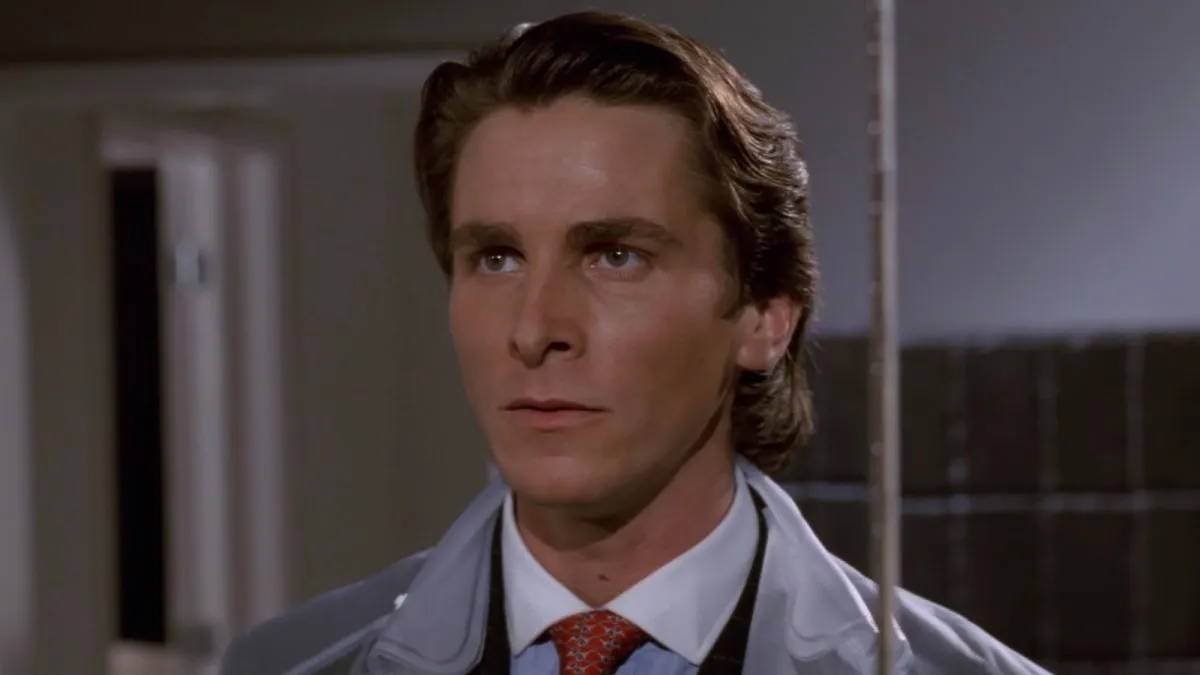Unbridled consumerism is difficult to combat, and Buy Now: The Shopping Conspiracy explains why. Now that the holidays are a couple of weeks away, this Netflix documentary will make you rethink your gift purchases a little more.
Buy Now, which came out on November 20, features former executives of some of the biggest brands in the world from different industries. All of these multinational corporations share several common threads. These companies keep people on a shopping hamsterwheel by making the experience convenient while running a flurry of ads. These products, whether they be apparel or technology, are often disposable within months or years, which forces consumers to buy more. To ease consumers from the guilt of purchasing more, these corporations deliberately discard surplus items and, at worst, run greenwashing campaigns.
Interestingly, Buy Now doesn’t place the blame on consumers for getting swept by the shopping frenzy. As Paul Polman, former CEO of Unilever (2009-2019), stated, “I don’t think the consumer is actually, here, the culprit. Of course they consume. But why do they consume? Because they’re encouraged to, to a great extent.” This statement is corroborated by the other executives that spoke during the show. Maren Costa, former User Experience Designer at Amazon, also claimed that Amazon made purchases as seamless as possible so that users wouldn’t think twice about buying products.
It’s a lot to take in, but probably something you already knew about. Media outlets never run short of articles about overconsumption. What’s missing in these stories, however, is the push for multinational corporations to take responsibility for the waste they produce. They can no longer burn or bury the tons of waste they produce.
A reminder to resist overconsumption
Buy Now: The Shopping Conspiracy is a must-watch going into the holiday season because companies tend to be loud with advertising sales. The documentary won’t give you all the answers to combat rampant consumerism. Nevertheless, it will expose you to the environmental and social cost of every purchase you make. These are costs deliberately hidden by corporations, as pointed out by the documentary.
Perhaps the best part of the show is that it doesn’t make consumers feel terrible for their naivety. Rather, they’re reminded to be critical about their shopping decisions amidst all the distractions employed by corporations. Buy Now heavily illustrates this through random distractions they’d play in their documentary, exhibiting it just like corporations would with ads. Insofar as the problems posed by the documentary make all individual efforts hopeless, they left a simple solution for individual consumers. The advice is the complete opposite of the documentary’s title: buy less, especially if it can be helped.
It’s not going to be easy to consume less. There will be tons of sales, and family members are expecting gifts. The message of the series isn’t to stop buying things altogether but to look at life beyond hoarding stuff. As iFixit repair company CEO Kyle Wiens said, “Whoever dies with the most stuff does not win.”









Published: Dec 13, 2024 10:12 am